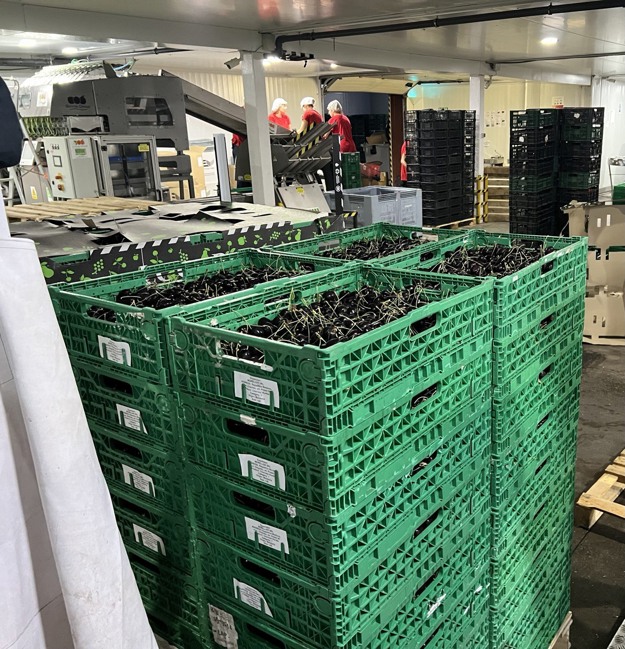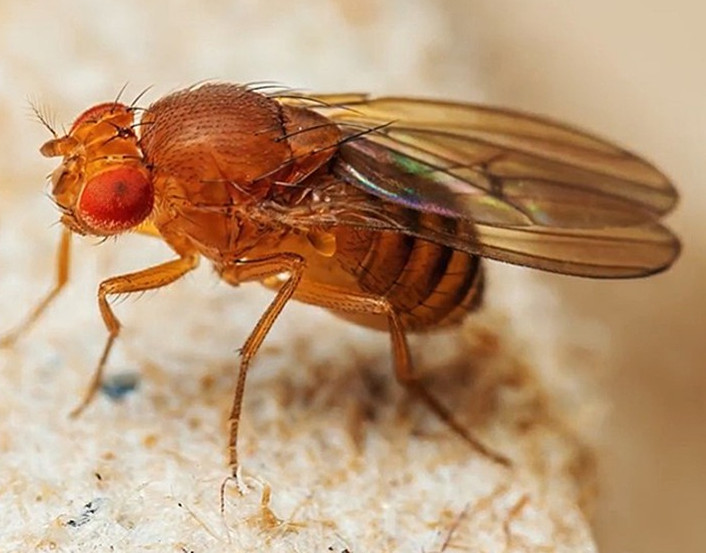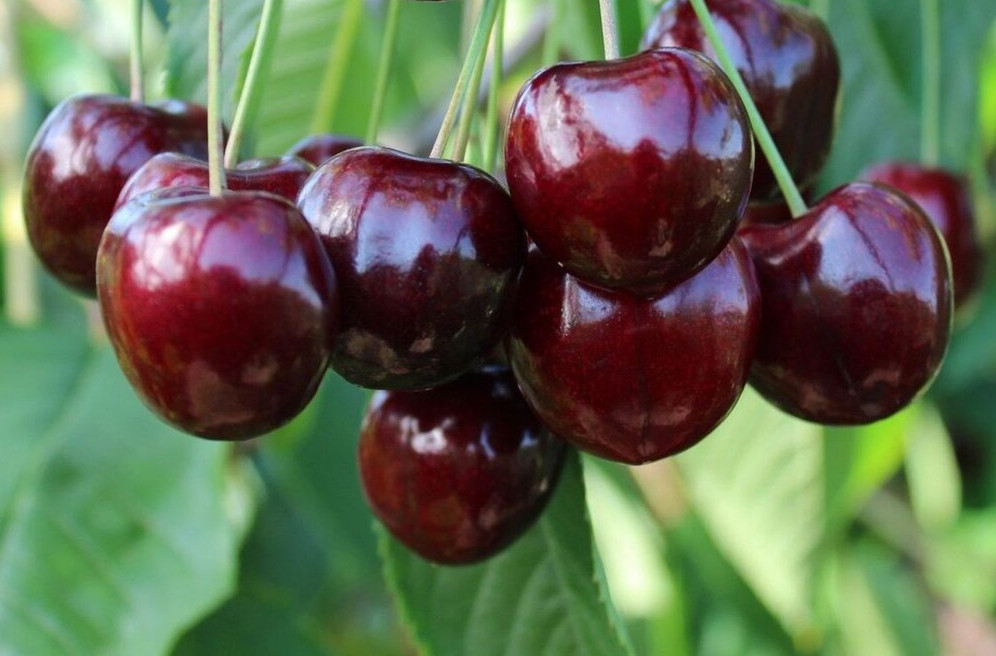Last year, the cherry harvest in the Valle del Jerte, one of the main cherry production areas in Spain and Europe, was severely damaged due to torrential rains between May and June.
Most of the cherries were lost due to cracking and rotting, and only 30% was recovered. In this context, Vera Ciobanu, manager of the young and promising Moldovan company Moreller, decided to send a shipment of cherries to a Spanish producer affected by the losses. She personally traveled to Madrid to oversee the unloading and selection of the fruit.
Vera explains that, with a company managing only 10 hectares planted in 2019, their experience is still limited. "I wanted to be present to learn from the selection and packaging process of an established Spanish producer. It was gratifying to see that waste was minimal and the client was satisfied. Our cherries made it to the shelves of one of Spain's major retailers within a few days."
The story of the family business begins in 2018, when Vasile Tasca, Vera's father, started purchasing land in his native village in Moldova, along the Dniester River. Hectare by hectare, the cultivated area grew to 25 hectares by 2024, with plans to expand further.
The family, inspired by Vasile's stories of the beautiful cherries he saw during his travels as a truck driver in Turkey, decided to focus on this crop. Although they initially considered other options like walnut trees, soil analysis and their hearts led them to choose cherries.
The trees were purchased in Belgium, after also exploring options in Serbia and the Netherlands. Currently, Moreller's orchards grow cherry varieties such as Regina, Kordia, and Tamara, on Gisela 5 and 6 rootstocks.

This year, Moreller exported cherries of the Tamara variety to Germany, a lighter and earlier variety compared to Regina and Kordia. The selection took place at Staragro, using Unitec machines. Vera explains that over the next three years, the company plans to equip itself with all the necessary post-harvest infrastructure, including refrigeration systems and selection machines powered by solar energy.
Unfortunately, this year's harvest was modest, with only 25 tons harvested compared to a potential of 80 tons, due to poor pollination and rains. The rain covers, already in use on part of the orchard, helped limit the damage, and Vera confirms that the priority now is to extend these protections to the entire orchard.
Moreller is also diversifying the varieties of cherries to meet market demands and better withstand adverse weather conditions. The company transplants about 3 hectares of cherries each year, aiming to reach a production of 300 tons in the near future. Gradual transplants allow for adequate preparation of the infrastructure to protect the harvest.
Family values guide Vera and her family in their work, with the goal of contributing to the development of Moldova. After positive experiences in Spain, Germany, and Belgium, Moreller is now looking to establish long-term partnerships with European customers, particularly in Scandinavian countries.
"Prices in Norway and Sweden are favorable, and their cherry season begins when ours ends, offering a good sales window. We have already visited retailers in Scandinavia, and the quality of our product has been appreciated. We cannot yet guarantee the volumes required for long-term programs, but we are working on it," concludes Vera optimistically.
Source: Freshplaza
Image: Freshplaza
Cherry Times - All rights reserved











